In the coaching world, one might come across a client who has what may be referred to as “irrational beliefs”, which have various definitions but for the sake of this article, we will refer to them as limiting beliefs about life, abilities, attitudes, opinions and values that do not align with how things actually are. For instance, the University of Birmingham notes four types of irrational beliefs, however, they mostly stem from “Demand”, which often features language such as “must”, “absolute”, “have to”, etc. For instance, a client may express that if they are unable to achieve a dream or goal, they will be a failure – this is also referred to as “awfulizing”.
Although it can be tough to get a client through these beliefs, there are some steps that may help:
- Clients with strong beliefs associating outcomes to self-worth may not be immediately able to see how these types of thoughts will limit them. Try to get the client to understand the realistic outcomes of a failed situation, which may help them visualize life beyond the setback.
- Use logic and reasoning as much as possible when addressing these beliefs since they are most likely illogical in nature. For instance, a client who may feel terrible, wouldn’t necessarily think they are terrible. The same logic may translate into failure in action vs. failure in self.
- Dispute certain beliefs with empirical evidence. Challenge the client to prove their beliefs are in fact realistic. Occasionally this might enlighten the client or at least begin the process to having them see things differently.
- Use a scale to have the client identify where they perceive they land. For instance, if they feel they are not competent, have them provide their competency on a scale of 1-100%. Use this number as a starting point for discussion on recent events that might disprove this belief. This number may also prove useful to measure the client’s progress by asking the same scale in future sessions.
- Implement small changes in a positive direction. These small changes may impact greater outcomes for multiple situations (since clients likely use the same solutions they always have for each problem – if they have a slightly different solution, they will see different results). Once the client starts to see the results, they may reconsider their previous beliefs.
Irrational beliefs can be built up over a lifetime of perceiving situations in the wrong light. Undoing this may take some time and persistence, but it is possible and once the client has opened up to new possibilities past these limiters, the results will speak for themselves.
Coaching Out of The Box has several courses available this fall. See our calendar of events or sign up for our newsletter to learn more.
Want to learn how we can bring leadership skills to your business or organization? Contact us directly to discuss the options available for you.
You can also connect with us via email: info@coachingoutofthebox.com, or at any of our social media sites:
Stay up to date with everything we have to offer by signing up for our newsletter

